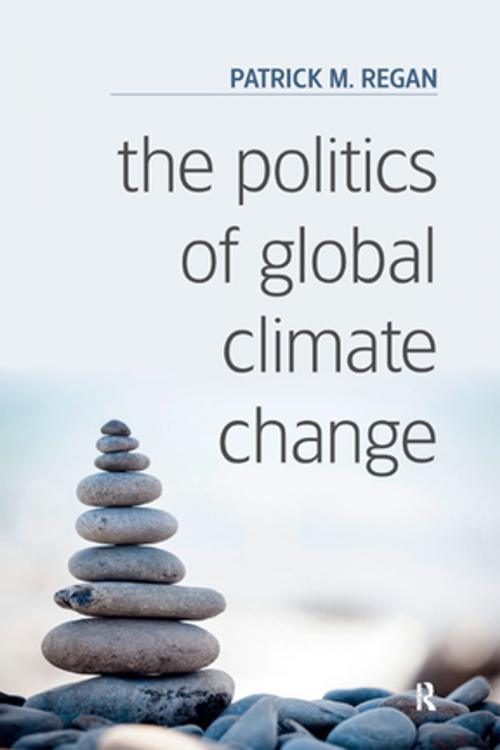The Politics of Global Climate Change
Nonfiction, Social & Cultural Studies, Social Science, Sociology, Political Science| Author: | Patrick M. Regan | ISBN: | 9781317253884 |
| Publisher: | Taylor and Francis | Publication: | November 17, 2015 |
| Imprint: | Routledge | Language: | English |
| Author: | Patrick M. Regan |
| ISBN: | 9781317253884 |
| Publisher: | Taylor and Francis |
| Publication: | November 17, 2015 |
| Imprint: | Routledge |
| Language: | English |
In 2009 the US House of Representatives passed legislation requiring reductions in greenhouse gas emissions by 18 percent over the coming decade. Later that year, President Obama went to Copenhagen to sign a treaty requiring reductions by 50 percent over a two-decade period. The President came back with nothing: no firm commitment to reduce emissions and only a vague target to hold global temperature rises to under 2 C. How does a President who has a 75-vote majority in the House and a 19-vote majority in the Senate who has pre-approval for a treaty reducing greenhouse gas production by 18 percent not achieve a treaty with at least the minimum goal of 18 percent reductions by 2020?Others have answered the puzzle by looking at institutional designs or negotiation dynamics. This book articulates a multilevel process that starts with local politics to explain how they can influence international negotiations and why President Obama s efforts in Copenhagen were doomed to fail. Understanding the role of local private interests can help form strategies for overcoming national resistance to climate change legislation and ultimately international agreements that could change the environmentally self-destructive course we are on.
In 2009 the US House of Representatives passed legislation requiring reductions in greenhouse gas emissions by 18 percent over the coming decade. Later that year, President Obama went to Copenhagen to sign a treaty requiring reductions by 50 percent over a two-decade period. The President came back with nothing: no firm commitment to reduce emissions and only a vague target to hold global temperature rises to under 2 C. How does a President who has a 75-vote majority in the House and a 19-vote majority in the Senate who has pre-approval for a treaty reducing greenhouse gas production by 18 percent not achieve a treaty with at least the minimum goal of 18 percent reductions by 2020?Others have answered the puzzle by looking at institutional designs or negotiation dynamics. This book articulates a multilevel process that starts with local politics to explain how they can influence international negotiations and why President Obama s efforts in Copenhagen were doomed to fail. Understanding the role of local private interests can help form strategies for overcoming national resistance to climate change legislation and ultimately international agreements that could change the environmentally self-destructive course we are on.















